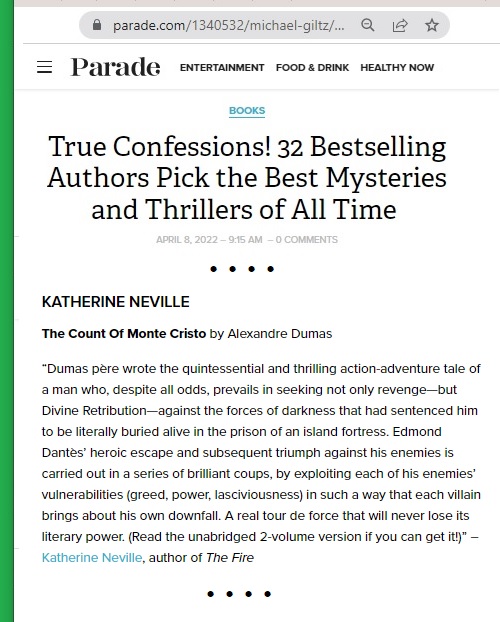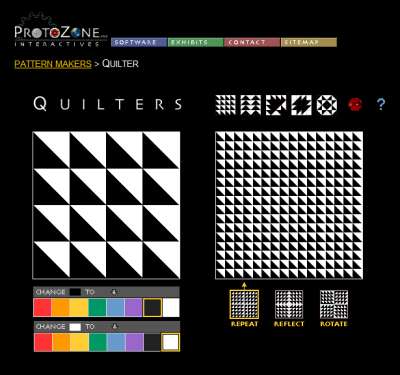More British nihilism …
Perfect Symmetry (Oct. 2008) and Perfect Symmetry single (Dec. 2008)—


Related science…
Heinz Pagels in Perfect Symmetry (paperback, 1985), p. xvii—
The penultimate chapter of this third part of the book—
as far as speculation is concerned— describes some
recent mathematical models for the very origin of the
universe—how the fabric of space, time and matter can
be created out of absolutely nothing. What could have more
perfect symmetry than absolute nothingness? For the first
time in history, scientists have constructed mathematical
models that account for the very creation of the universe
out of nothing.
On Grand Unified Theories (GUT's) of physics (ibid., 284)—
In spite of the fact that GUTs leave deep puzzles unsolved,
they have gone a long way toward unifying the various
quantum particles. For example, many people are disturbed
by the large numbers of gluons, quarks and leptons. Part of
the appeal of the GUT idea is that this proliferation of
quantum particles is really superficial and that all the gluons
as well at the quarks and leptons may be simply viewed as
components of a few fundamental unifying fields. Under the
GUT symmetry operation these field components transform
into one another. The reason quantum particles appear to
have different properties in nature is that the unifying
symmetry is broken. The various gluons, quarks and leptons
are analogous to the facets of a cut diamond, which appear
differently according to the way the diamond is held but in
fact are all manifestations of the same underlying object.
Related art— Puzzle and Particles…
The Diamond 16 Puzzle (compare with Keane art above)—

—and The Standard Model of particle theory—

The fact that both the puzzle and the particles appear
within a 4×4 array is of course completely coincidental.
See also a more literary approach— "The Still Point and the Wheel"—
"Anomalies must be expected along the conceptual frontier between the temporal and the eternal."
— The Death of Adam , by Marilynne Robinson, Houghton Mifflin, 1998, essay on Marguerite de Navarre






